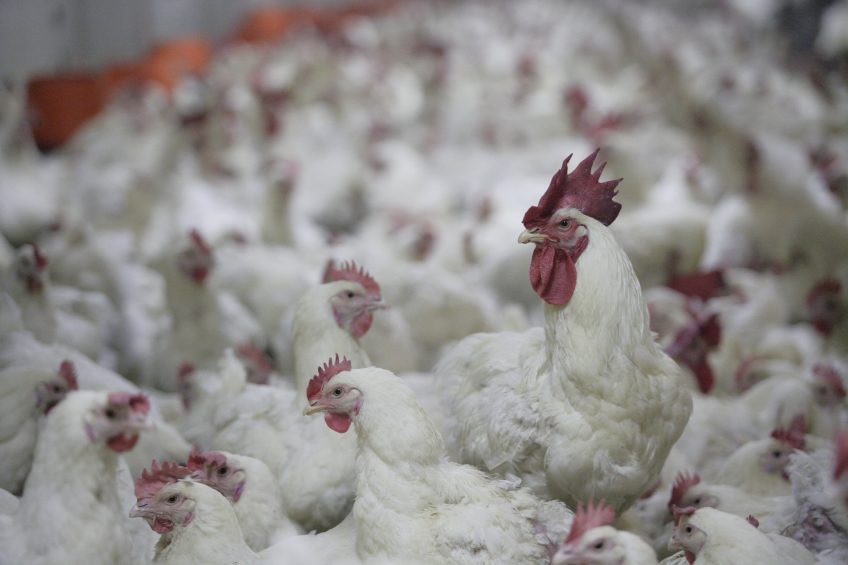Russia and Ukraine dealing with AI aftermath

The outbreaks of highly pathogenic avian influenza (AI) has had a negative impact on the poultry markets in Russia and Ukraine, and the further spread of the disease could worsen the situation, market participants indicate.
Russia’s largest turkey producer Eurodon has stopped delivery of chilled turkey to the retail chains as of 6 April, according to the company’s letter revealed by Russian media Vedomosti. The company faced a major AI outbreak in the last days of 2016 and was forced to cull nearly 700,000 turkeys or 6% of the total flock.
Shortage of turkey meat in Russia
Eurodon will cease supplies to the market for two months and this will cost the company nearly Rub 600 million (US$10 million), Russia’s consulting agency Agrifood Strategies has estimated, basing on the average price of turkey meat at the grocery shelves of Rub 240 (US$4) per kg. In total, the outbreak made the company suffer Rub 1.8 billion (US$30 million) of direct losses.
According to Agrifood Strategies, Eurodon now accounts for roughly 12-13% of Russia’s turkey market, so there will be some negative consequences, especially because April and May in Russia is the period of seasonal high demand for meat products. At the same time, Eurodon says it has capacities to produce 60,000 tonnes of turkey per year, which is 25% of the country’s total capacities.
Speaking in late March, the executives of Russia’s veterinary body Rosselhoznadzor warned that there is a high possibility of new AI outbreaks, and not only in European Russia, but also in Siberia and Far Eastern regions.
AI-related restrictions cut export supplies
In the meantime, since the beginning of the year Ukraine lost the right to supply poultry production to several key markets, including Iraq, Jordan, Qatar, Yemen and China. The head of the Union of Poultry Producers of Ukraine, Sergey Karpenko, told the regional media Apostrophe that it is crucial not to allow new outbreaks of AI until 15 May, as then restrictions against Ukraine poultry would be extended automatically.
Karpenko stated that although Ukraine poultry producers increased exports in the first quarter of 2017, the inability to delivery poultry meat and eggs to the Middle East will result in a decrease in export revenues for 2017, compared to last year.
New poultry export markets found
He explained that now Ukraine poultry exporters have diversified export supplies with several new markets, but this measure can not fully offset the effect of restrictions which took place at the beginning of the year. In particular, he said, only Iraq purchased 27% of Ukraine’s poultry meat and 35% eggs in 2016, while for Ukraine’s largest egg producer Avangard, Iraq’s share in the structure of export supplies was around 76%.
Bogdan Shapovalov, the director of the Ukraine’s Committee on Food Export, said that last year Ukraine exported poultry and eggs in total value of US$338 million. If the AI-related export restriction which took place at the beginning of 2017 is extended for the entire year, this may cost the country’s poultry industry US$100 million of export revenue.
Apostrophe states that even if the restrictions are eventually lifted, the price for Ukrainian poultry and eggs in the Middle East would be nearly 30% lower than in 2016, due to reputational problems.













